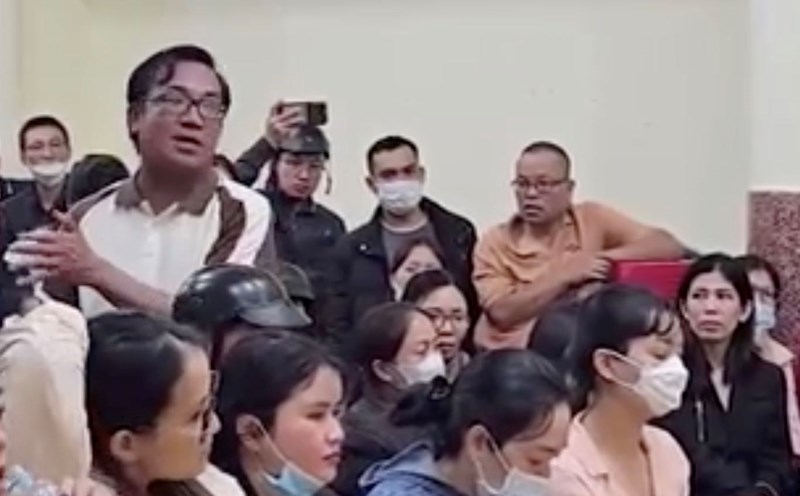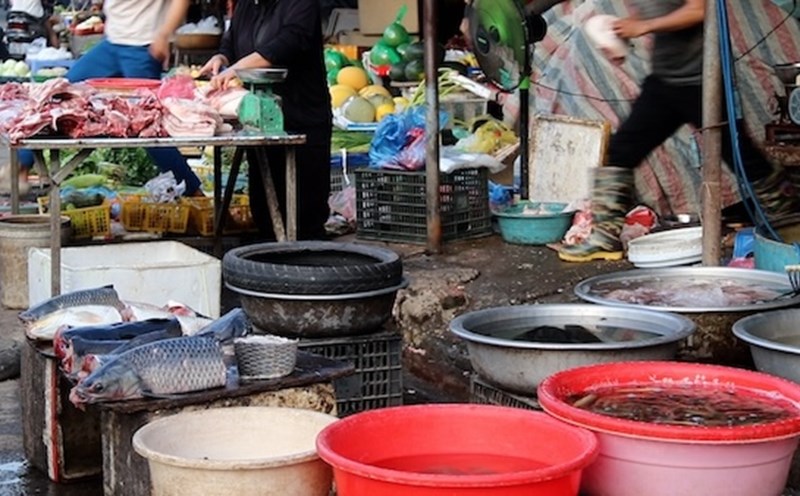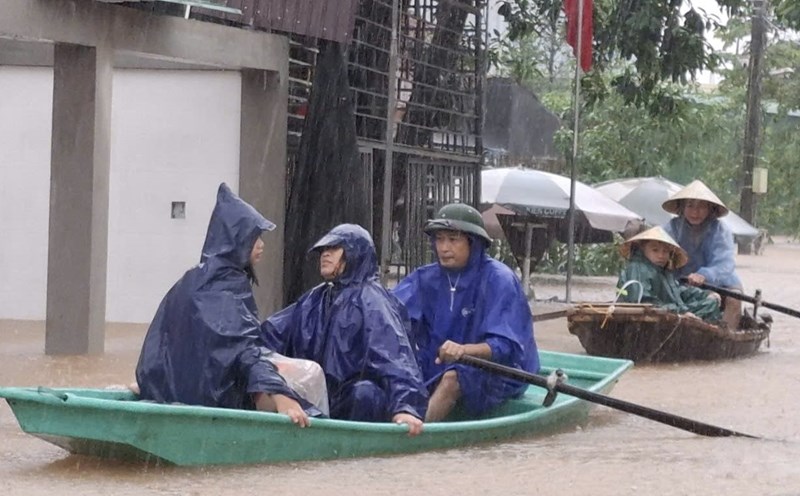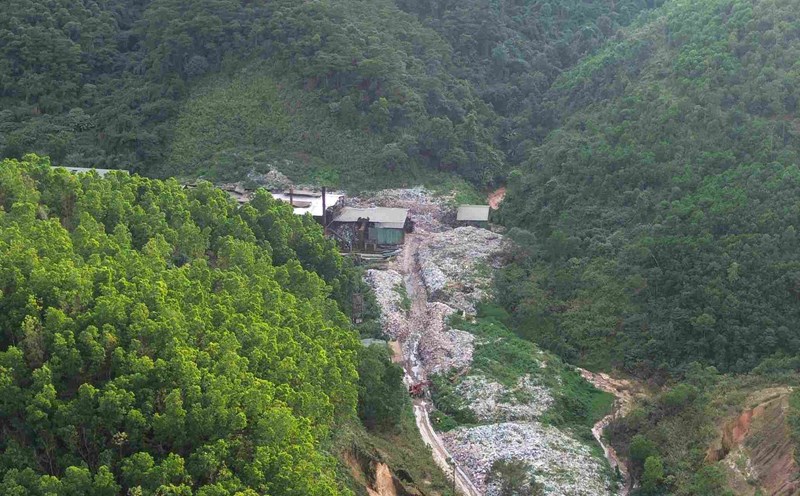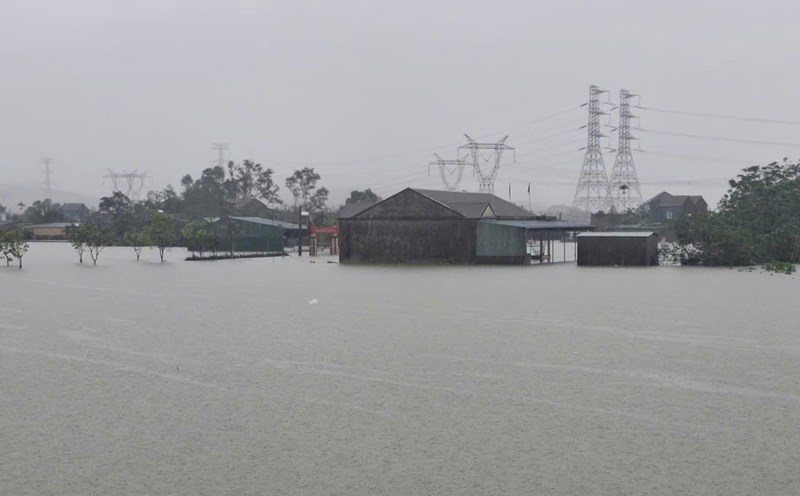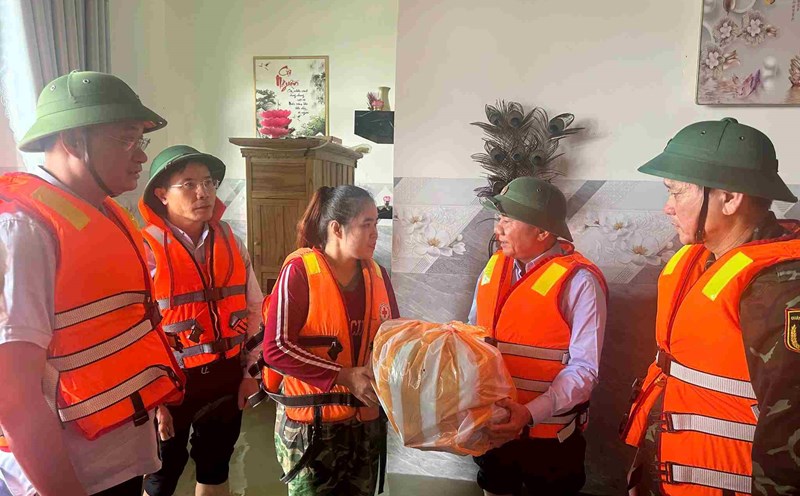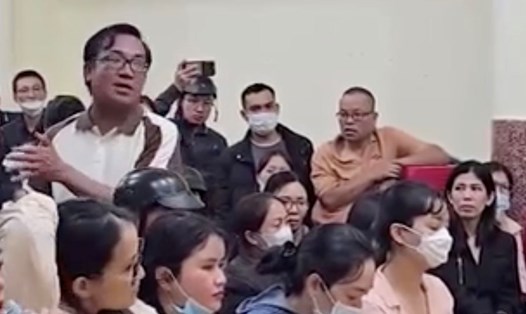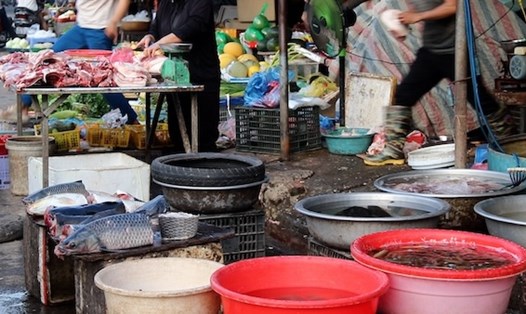According to statistics from the Ministry of Health, each year Vietnam records hundreds of food poisoning cases, thousands of people hospitalized, and even deaths due to the use of unsanitary foods. The Food Safety Department also admitted that the situation of violations is complicated, sophisticated and increasingly difficult to control. From the use of expired ingredients of unknown origin, to the use of chemicals, pesticides, and antibiotics banned in livestock and production, all of these still occur in many places.
An important reason is that the sanctions are not enough to deter. With a fine of tens of millions of VND, many violating establishments are still willing to "accept the risk" because the profit is dozens of times higher. Even after being fined, many establishments have changed their names, addresses, and continued to operate.
Faced with that reality, the Ministry of Health is proposing to increase the level of administrative sanctions for violations of food safety according to the draft amendment to Decree 115/2018/ND-CP. The fine will increase from 1 to 2 times for many violations, such as using ingredients of unknown origin, using chemicals, veterinary drugs, and antibiotics banned in food production and processing. For example, the act of using substances and chemicals exceeding the permitted limit can be fined up to 60 million VND, instead of 40 million VND as before; the act of using banned substances and veterinary drugs outside the list can be fined up to 80 million VND.
This is a strong move that shows the Government's determination to increase deterrence and protect people's health. However, many experts believe that increasing fines is only a "short" part of the problem. If we do not tighten from the root, that is, the management, inspection and supervision stage, it will be difficult to prevent the spread of dirty food no matter how high the fine is.
In fact, the current food safety inspection force is still thin, mainly operating according to the campaign. The inspection mainly focuses on registered establishments, while millions of small-scale production households, traditional markets, and collective kitchens are almost "outside the coverage area". Along with that, sanctions on food traceability and the responsibility of sellers and distributors are still unclear.
The story of "clean meat and bones" but it is not clear who certifies or who supervises it makes consumers not know where to believe. Many times, the safe label is just a form, while the traceability system is not transparent, and testing data is still disjointed between agencies.
Increasing the penalty level is necessary to deter and create legal pressure, but at the same time, it is necessary to promote long-term solutions. For example, building a synchronous food control system, from production - processing - circulation - consumption, with traceability technology using QR codes, blockchain or digital platforms. Strengthen surprise testing, especially at wholesale markets, industrial kitchens, schools, and hospitals. Support genuine manufacturers through preferential credit, tax policies, and technical guidance so that they can compete healthily, without having to "fight" with toxic chemicals. And most importantly, educate and raise awareness of people and businesses: Consumers must know how to say "no" to unusually cheap goods; manufacturers must understand that profits cannot be exchanged for public health.
Food safety is not only a legal story, but also a culture and business ethics. When the awareness of manufacturers and consumers is raised, when the monitoring system is strong enough and sanctions are strict enough, then it is possible to prevent the flow of dirty food out of Vietnamese meals.

